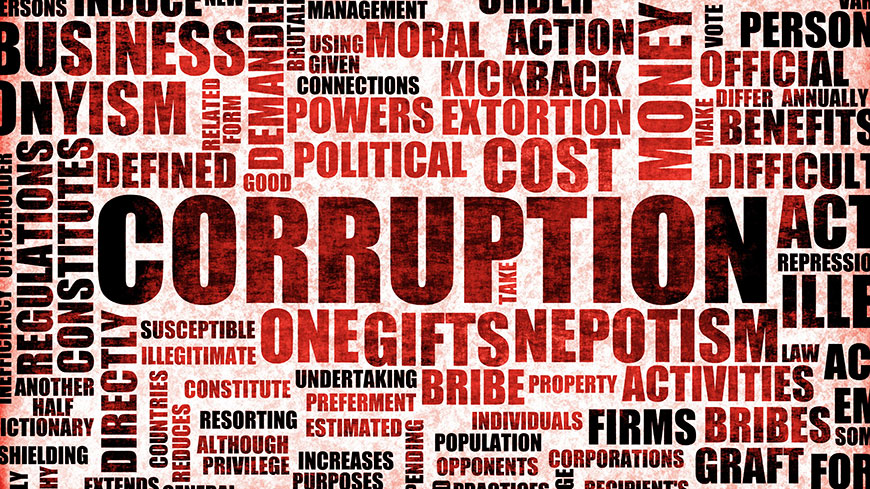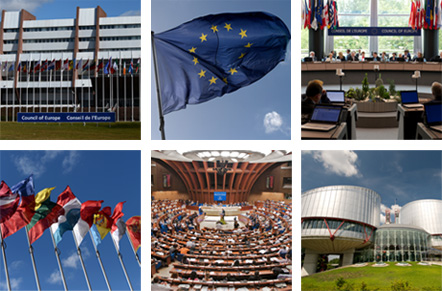In an evaluation report published today, the Council of Europe’s Group of States against Corruption (GRECO) called for Iceland to strengthen its systems to limit risks of corruption and improper conduct in government functions and law enforcement agencies.
The Icelandic society has become over the years increasingly aware and intolerant to the various forms and manifestations of corruption, especially after the financial crisis of 2008 which revealed how the excessive intermingling of private interests with the management of public affairs can generate structural vulnerabilities in a country of that size. Such issues remained at the centre of recent controversies which have contributed to the resignation of two successive governments, and other senior government officials. The government established in 2014 an anti-corruption steering group. It is striking that in the above context, no strategic action or dedicated overarching policy was elaborated by the group to promote integrity in State institutions.
In the report, GRECO calls for more robust and consistent rules of conduct, for instance in relation to gifts and other benefits and contacts with third parties seeking to influence government work, including lobbyists. Additional measures also need to be taken concerning revolving doors and parallel activities.



